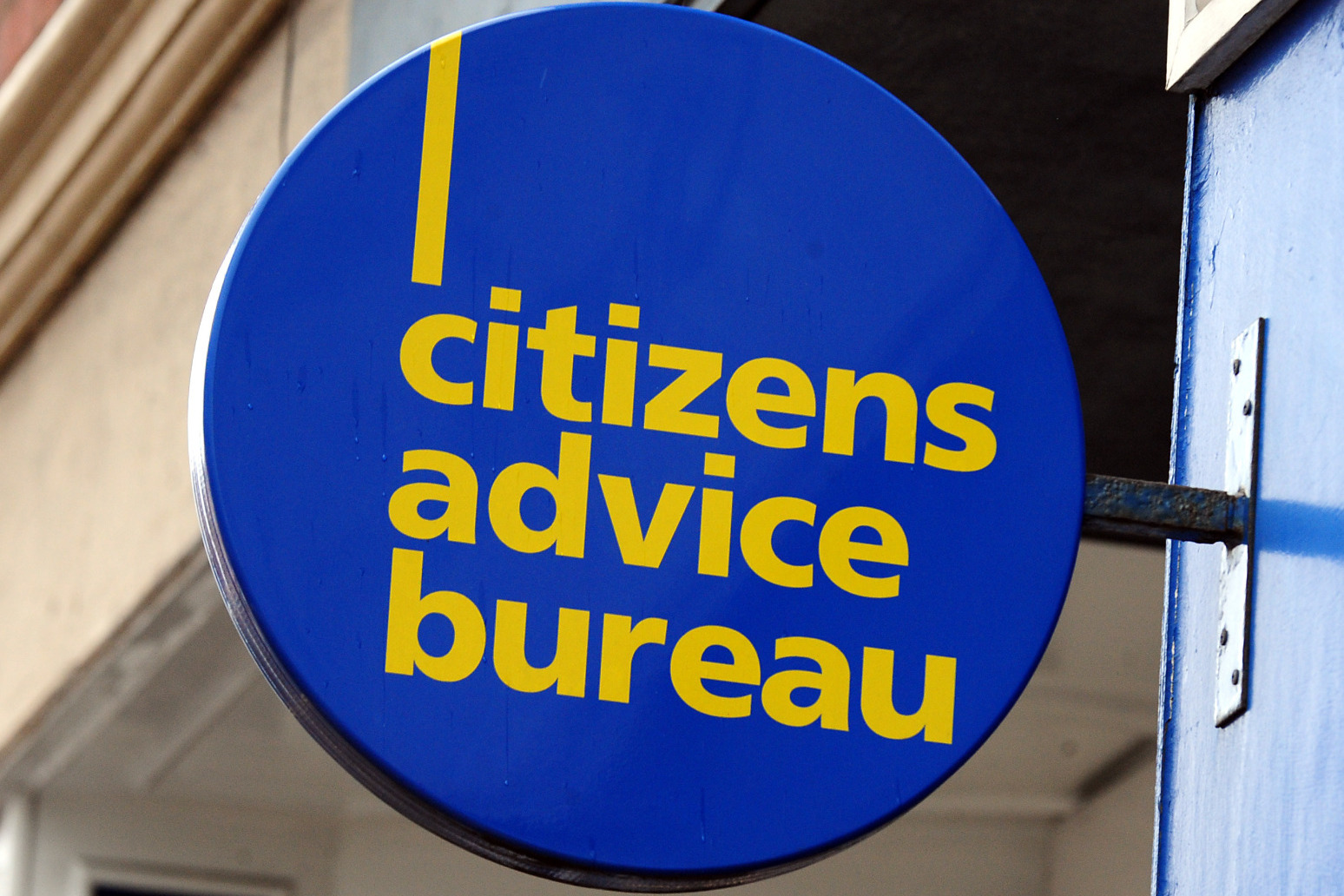
Single-parent families make up one in four Citizens Advice debt assessments
Around 280,000 people in England and Wales sought one-to-one help with debt in 2021
One in four people who completed a debt assessment with Citizens Advice in 2021 was in a single-parent family.
In total, around 280,000 people in England and Wales sought one-to-one help with debt in 2021, the charity said, with many more using its website.
Within this group, nearly 70,000 went on to complete a full debt assessment, which examines their income and spending, as well as their debts.
Some 88% of those completing a debt assessment owe money either to the Government or on essential bills, the charity found.
Issues with energy debts rose sharply in 2021, increasing by 51% compared with 2020, Citizens Advice added.
Problems with paying back benefit overpayments also increased. This was particularly the case with Universal Credit overpayment issues.
On average, people completing a debt assessment owed nearly £6,000.
Citizens Advice warned the situation “is only going to get worse in 2022”, adding that, from April, significant increases are expected in council tax and essential bills, particularly energy costs.
Chief executive Dame Clare Moriarty said: “While all of us face the cost-of-living crisis, there are thousands of people who are already held back by their debts.
“The £700 million of debt our advisers helped with in 2021 is likely to be just the tip of the iceberg. With more price rises on the way, support is urgently required for those most in need.
“If you’re worried about your debts, taking action early is vital. Citizens Advice and other charities are here to help you find a way forward.”
Here are some tips from Citizens Advice for dealing with debt:
1. Make a list of who you owe money to and work out how much you owe.
2. Prioritise your debts. Work out how much you owe on rent or mortgage costs, energy bills and council tax. These are called priority debts as there can be serious consequences if you do not pay them. Talk to priority creditors and try to agree a repayment plan.
3. Work out how much you can pay. Create a budget by adding up your essential living costs, such as food, housing and other essential bills, and taking these away from your income. Any money you have spare can be put towards your debts.
4. Contact priority creditors quickly in urgent situations, for example if you are about to be evicted. Tell them you are seeking debt advice and ask if they can give you time to find a way forward.
5. Make sure you are receiving help you are entitled to. You might be eligible for benefits, grants from the Government or other charitable support.
6. If you are worried about being able to pay your priority debts, or cannot afford basics such as food, seek advice from Citizens Advice immediately. If you receive debt advice, your adviser may be able to help you get 60 days of “breathing space” to give you time to find a solution.
Published: by Radio NewsHub